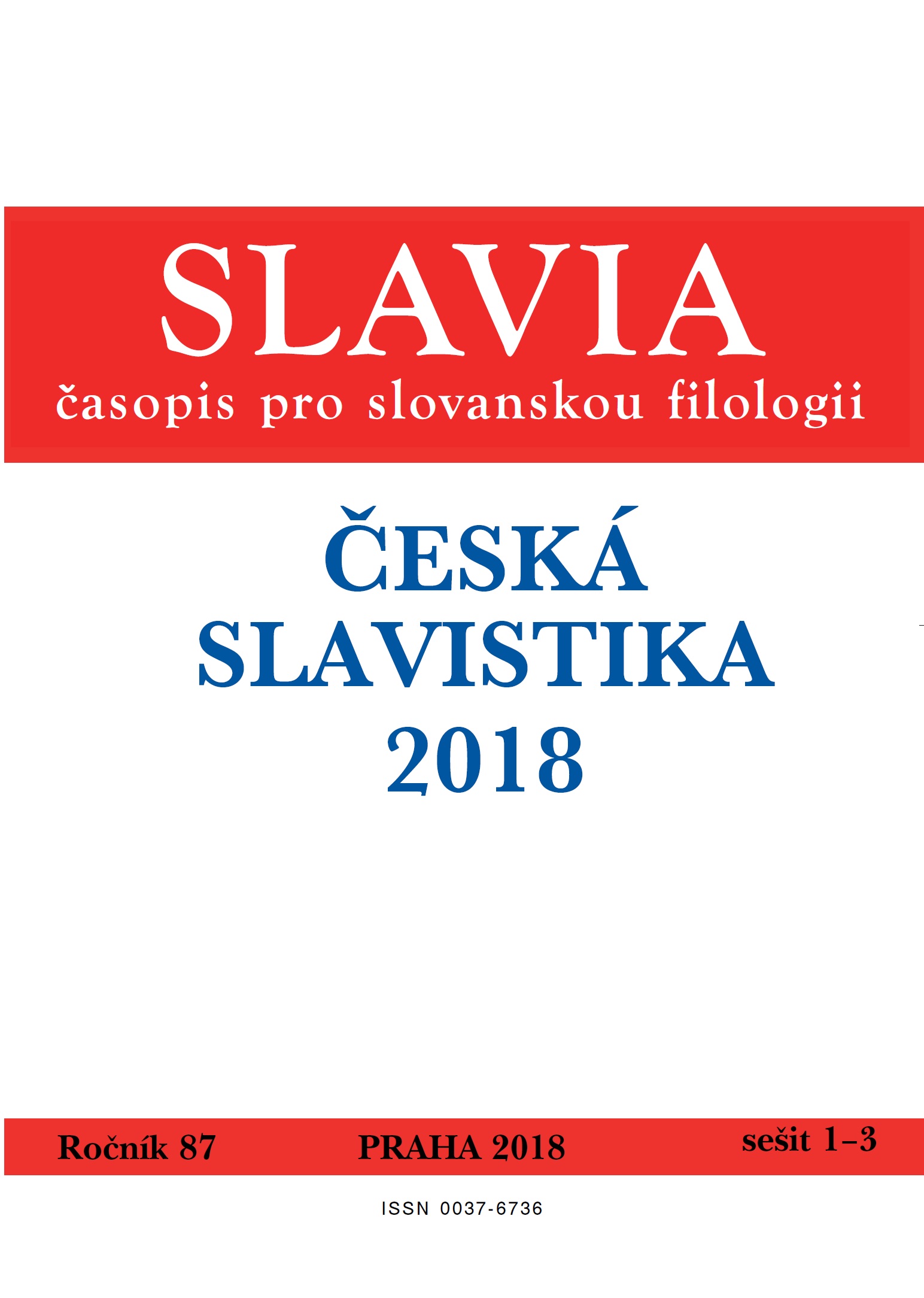Der „Chronotop des permanent schlechten Gewissens“: Der polnische Blick auf das Warschauer Ghetto in Wielki Tydzień (Karwoche) von Jerzy Andrzejewski
The “Chronotop of Guilty Conscience”: The Polish View on the Warsaw Ghetto in Wielki Tydzień (Holy Week) by Jerzy Andrzejewski
Author(s): Alexander HöllwerthSubject(s): Polish Literature, History of the Holocaust
Published by: AV ČR - Akademie věd České republiky - Slovanský ústav and Euroslavica
Keywords: Warsaw Ghetto Uprising; chronotop of guilty conscience; Polish cultural memory of the Holocaust; collective trauma of Poles
Summary/Abstract: In reference to the concept of the state of exception (German: Ausnahmezustand) in the legal theory of the German jurist Carl Schmitt, which was further developed by the Italian philosopher Giogio Agamben, the article focuses on a motive of the “poor Poles looking at the ghetto” (Jan Błoński) in Warsaw. The study presents the novel Holy Week (Wielki Tydzień), written by Jerzy Andrzejewski in 1943, as an expression of the guilty conscience of Polish Catholics, confronted with the Warsaw Ghetto Uprising.
Journal: Slavia - časopis pro slovanskou filologii
- Issue Year: LXXXVII/2018
- Issue No: 1-3
- Page Range: 126-138
- Page Count: 13
- Language: German
- Content File-PDF

